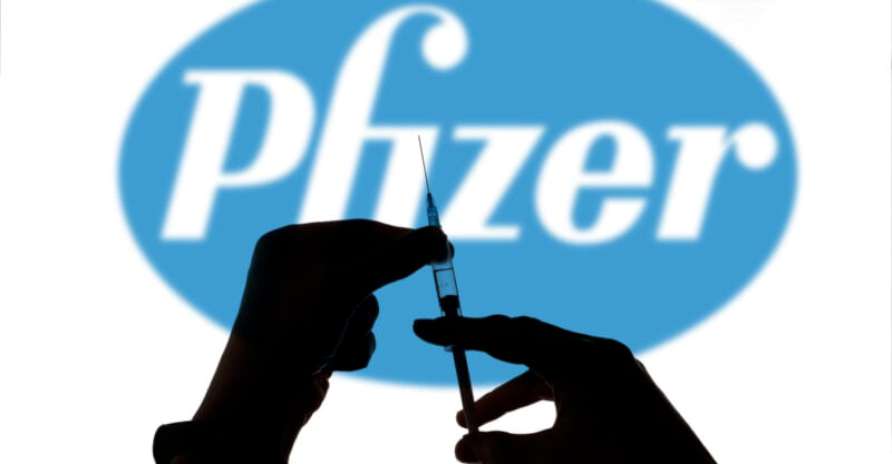People who receive Pfizer’s respiratory syncytial virus (RSV) vaccine should be monitored for Guillain-Barré syndrome, according to the authors of a Pfizer-funded study published this week in the New England Journal of Medicine (NEJM).
The paper — one of several published Wednesday reporting interim analyses for Pfizer’s phase 3 clinical trials for the RSV vaccine — concluded the vaccine was effective in preventing RSV in adults age 60 and over “without evident safety concerns.”
But that same article also flagged Guillain-Barré syndrome as a safety concern moving forward with the vaccine.
“If RSVpreF vaccine [Pfizer’s RSV vaccine] is approved and recommended, these adverse events warrant close monitoring in future studies and with real-world data and post-marketing surveillance,” the authors of the NEJM study said.
The U.S. Food and Drug Administration (FDA) is expected to approve Pfizer’s RSV vaccine for older adults in May.
Safe and effective?
Guillain-Barré syndrome is a rare disorder in which the body’s immune system attacks its own nerves. Symptoms can range from brief weakness to paralysis.
The FDA asked Pfizer to include the condition as an “important potential risk” of the vaccine and to develop a safety study to monitor for potential cases if the shot is approved, CNBC reported.
When the FDA vaccine advisory panel met in February to review Pfizer’s data pre-publication, there was substantial disagreement about the data on safety and effectiveness, although the majority of the committee voted to recommend the vaccine for approval.
Four of 12 committee members voted that the safety data was not adequate for approval — and one abstained — because of their concerns with the Guillain-Barré cases.
Four committee members also voted the evidence of vaccine effectiveness was not adequate for approval, while seven said it was and one member abstained.
In the NEJM study, one person developed Guillain-Barré syndrome and another developed Miller Fisher syndrome, a subset of Guillain-Barré. The symptoms appeared six and seven days post-vaccination, respectively.
The person with Miller Fisher syndrome recovered. The person diagnosed with Guillain-Barré continues to suffer from loss of...
Read More HERE

3 comments:
Do not put anything into your body unless you research it and the results of what it does. Especially anything from Big Pharma.
What what it's worth, the Astra Zenica option was approved unanimously. If there are two products and one just BARELY squeaks by while the competitor gets unanimous approval, why is it approved at all?
Just to be SURE it's SAFE, how about all the TRIALS include the FDA EE's and THEIR FAMILIES!!
Post a Comment